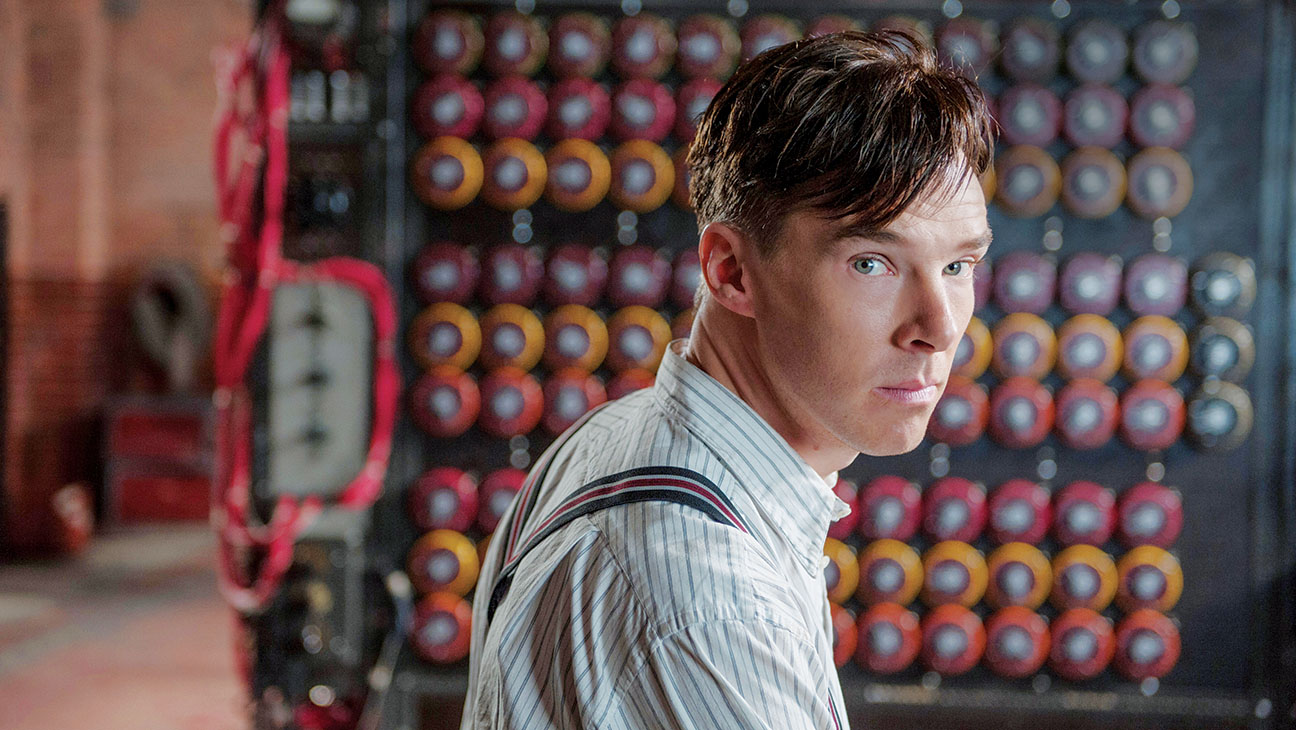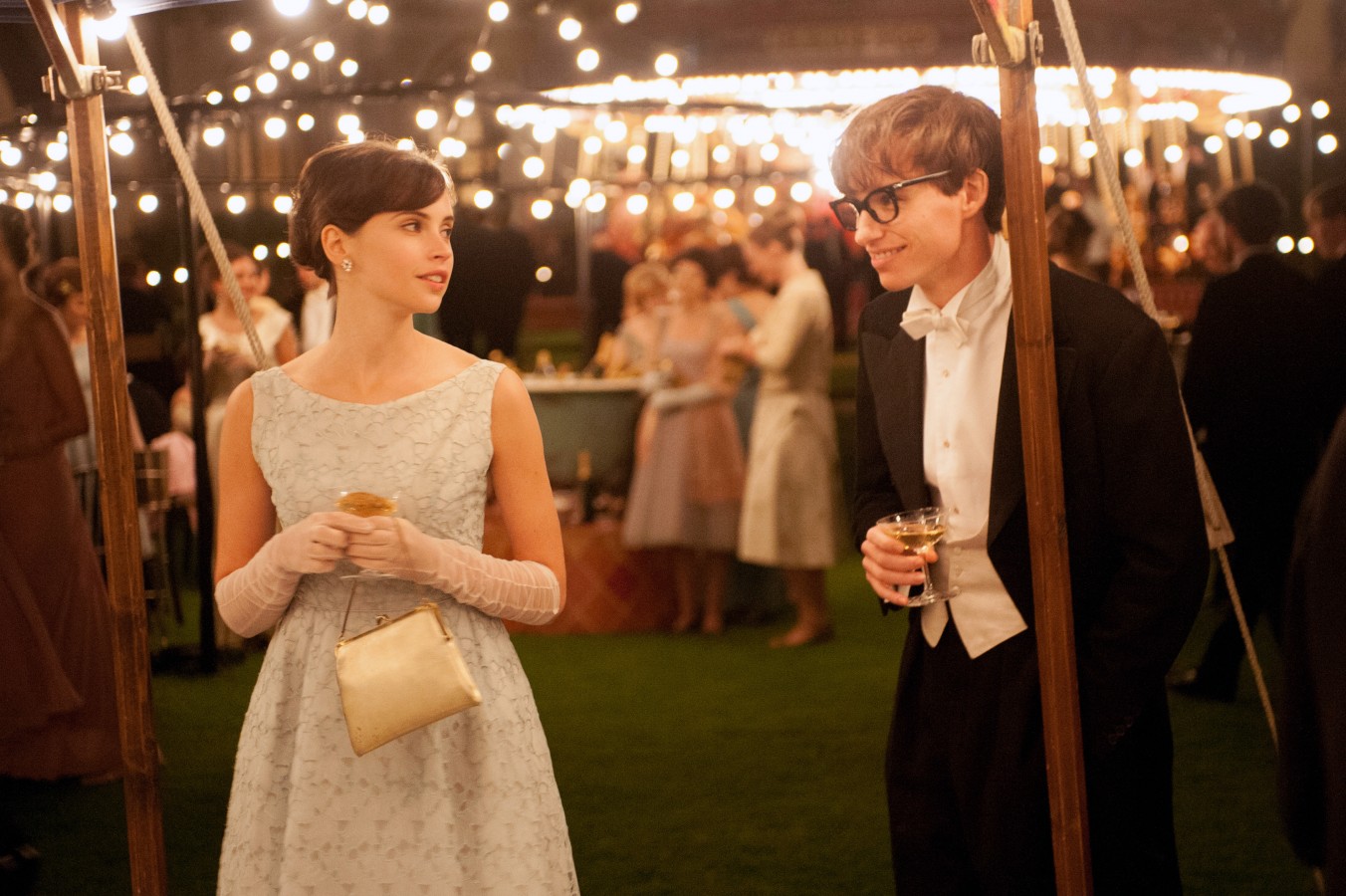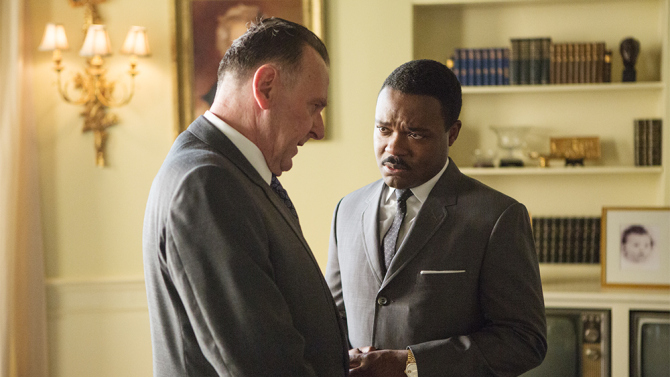
This Best Picture nominees list is likely to be one of the harder groups to sift through (the only other one off the top of my head that may be this tricky in the near future is the 2011 year that features the films of 2010). In all honesty, the films between 5 and 1 are borderline interchangeable, to the point that this can easily change in time (maybe even next year, I will feel differently).
The films in 6 and 7 are also debatable, and I will try my best to explain my reasoning for each and every film. In all honesty, the only film I could easily place in any spot is the film that came in dead last (simply because it’s garbage).
I can already see the slew of comments questioning this particular list, and I am warning you from now that I can easily see why most of these films can be questioned and/or championed. I will do my utmost best to give each film their due. Nonetheless, this is mostly about celebration, so let’s get down to it. Here are the Best Picture nominees of the 2015 Oscars ranked in order from worst to best.
8. American Sniper

This is without question the weakest film of the Best Picture nominees. When this film was selected above other films that should have been here (“Nightcrawler,” “Gone Girl,” even the Best Director nominee “Foxcatcher” failed to appear here, then you have the foreign films “Two Days, One Night” and “Leviathan”), I had to see why this last minute film sniveled its way in. I love many Clint Eastwood works, and “American Sniper” was a 2015 film that made it on the list with 2014 films; surely it was one of his better works in years. In short, it wasn’t.
There is some good here. Eastwood’s direction, especially of the war scenes, are extremely well choreographed. Bradley Cooper pulls off a stellar performance that showed more range than even his biggest fans expected from him; he essentially bolstered himself as one of the go-to actors for anything around this time.
Now, let’s review the laundry list of the bad. The focus on the mental illnesses the main character suffers from is so half-assed, it’s inexcusable. One or two scenes are tossed in to imply he has signs of being shell shocked, but they zoom by without much of a follow up. The lack of depth makes Chris Kyle, and the film, look very lopsided, to a point that angered many for how the film sidestepped any of his faults. Lastly, the ending of the film is unforgivably atrocious. Kyle leaves home to go to a shooting range with another veteran, with his wife looking out to him.
The film ends with a title card stating that Kyle was killed. The memorial service has credits placed on top. This is an abrupt end that is lazy, bizarre, and even unflattering of its subject, of which it held to such a high regard the rest of the film. In short, “American Sniper” is far from one of Eastwood’s best, and is far from a worthy Best Picture nominee.
7. The Imitation Game

“The Imitation Game” is a giant leap ahead from “American Sniper,” and it feels awful to place it next in line. Morten Tyldum’s war game of wits (which is much better than the follow-up creepfest known as “Passengers”) is only this low because it is marginally tampered by the Oscar Bait bug (it is far from being the guiltiest film with this condition, however).
When the film does not feel a little too overly sentimental, it is thrilling. Benedict Cumberbatch plays a terrific Alan Turing, and Keira Knightley showed the world a thing or two with her understated performance as Joan Clarke (Turing’s strongest ally). The solving of the encryption codes the Germans used to discuss war plans is quite in depth, and highly understandable; Graham Moore’s Oscar-winning screenplay for the film explains its complex subject matter through great dialogue and huge emphases in the right places.
The film doubles as a look at Turing’s past, where his homosexuality was unfortunately condemned. This bigotry chases up to his present, where his success is sadly undermined due to his sexual preferences. The film is passionate both for what Turing stood for, and who he was as a person. Consider this film and the next on the list somewhat of a tie, but the next contender wins just barely.
6. The Theory of Everything

In some ways, “The Imitation Game” is actually much stronger than “The Theory of Everything.” “The Imitation Game” has a stronger story and a greater balance of the genius of its main character and their personal life. “The Theory of Everything” shows the early years of renowned physicist Stephen Hawking, and his gradual loss of physical capability due to Lou Gehrig’s disease.
This film also is heavily centered around the relationship with his then-wife Jane Hawking (played strongly by Felicity Jones), and how both his work and his ailments affected their bond. The reason why this film succeeds is based on the emotions that are yanked out of every possible source that just resonate so strongly. Eddie Redmayne’s performance as Hawking is so damn powerful, it is impossible to not notice each and every detail he absolutely nails with every scene (you can actually note the ways his body breaks down in even the smallest of ways).
James Marsh, formerly known for his expert documentary work (notably “Man on Wire”), examines on the most interesting of aspects to make “The Theory of Everything” all the more unique, including extreme close ups on Hawking’s eye, fixations on how nature exhibits science as artwork, and interesting combinations of shots. Jóhann Jóhannson’s score is simply gorgeous, and will wring the tears from your eyes if nothing else will. “The Theory of Everything” isn’t perfect, but it is a stunning portrait of the couple it is centered around in so many ways.
5. Selma

Ava DuVernay’s film “Selma” was nominated for Best Picture; its lack of nominations elsewhere, aside from Best Original Song, is a big reason why many started to discuss race at the Oscars. Rightfully so; “Selma” was so underrepresented in many other ways that it essentially left it destined to fail for the top prize whilst ignoring all of the aspects that made it so good (Common and John Legend’s song “Glory” is sensational, but far from the only reason why “Selma” is a top notch film).
How David Oyelowo was snubbed for his work as Martin Luther King Jr. will likely stump those who pay too much attention to the Oscars (like myself) for years, because Oyelowo’s portrayal of the late activist is dignified and powerful. The editing work is pulled off tremendously, as the film (which runs more than two hours) feels incredibly short despite the severe subject matter. DuVernay’s direction is absolutely worthy of being discussed, especially since she was neglected for that award; this is how you make a historical film and/or biopic without drenching the film in a way that feels synthetic.
The cinematography utilizes a strong pallette to make the film feel seem as though it is from yesteryear (through sepias and browns) whilst enhancing the skin colours of all of those within the film, thus celebrating the equality Dr. King fought for. “Selma” was overlooked by the Academy (despite being a Best Picture nominee), yet the world did not allow it to remain understated (this article included, hopefully).